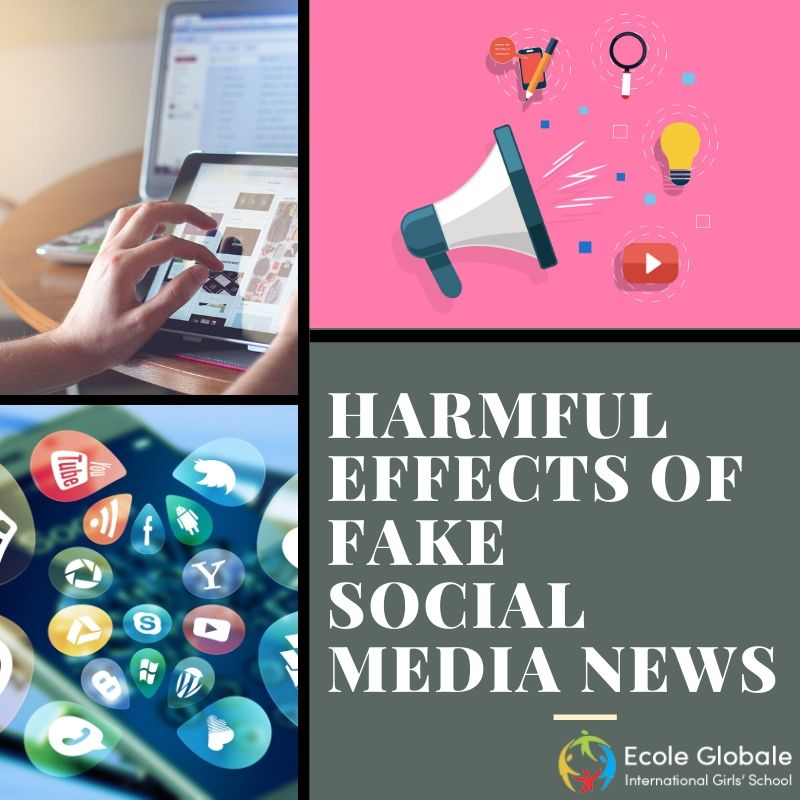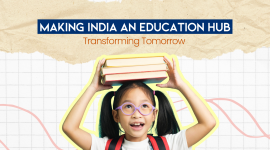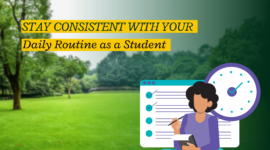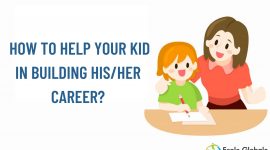The impact of social media on students, particularly the negative effects, has been a growing concern for parents, educators, and health professionals. Fake news, misinformation, and the constant barrage of content can have significant psychological, academic, and social consequences. This article aims to explore these harmful effects and provide insights into how they can be mitigated.
Psychological Impact
Mental Health Concerns
Fake news and misinformation on social media can lead to anxiety, depression, and other mental health issues. The constant exposure to negative and misleading information can create a sense of fear and uncertainty among students.
Increased Stress Levels
Students often feel overwhelmed by the volume of information they consume. Distinguishing between real and fake news adds to their stress, affecting their overall well-being.
Impact on Self-Esteem
Social media platforms often portray idealized versions of reality, leading to unrealistic expectations and self-comparison. Exposure to fake news that amplifies these ideals can further damage students’ self-esteem and body image.
Academic Performance
Distraction and Decreased Productivity
The lure of social media can distract students from their studies. Fake news stories, sensational headlines, and clickbait content consume time that should be spent on academic activities.
Misinformation and Learning
Students may encounter false information that contradicts their academic curriculum. Believing and spreading such misinformation can lead to confusion and poor academic performance.
Critical Thinking Skills
Excessive exposure to misinformation hampers the development of critical thinking skills. Students might struggle to evaluate sources and discern credible information from fake news.
Social Behavior
Influence on Social Interactions
Social media can alter students’ social behavior, often leading to superficial interactions. The prevalence of fake news can exacerbate misunderstandings and conflicts among peers.
Cyberbullying and Harassment
Fake news can fuel cyberbullying and online harassment. Students may become targets of malicious rumors and false accusations, impacting their social life and mental health.
Isolation and Loneliness
Paradoxically, while social media connects people, it can also lead to feelings of isolation. Students engrossed in their online personas may neglect real-life relationships, leading to loneliness.
Misinformation Spread
Virality of Fake News
Fake news spreads faster than factual news due to its sensational nature. Students may unknowingly share false information, contributing to its virality and widespread belief.
Impact on Perception and Beliefs
Continuous exposure to misinformation can shape students’ perceptions and beliefs, leading them to adopt false or biased viewpoints. This can influence their decision-making and worldview.
Trust Issues
Repeated exposure to fake news can erode trust in reliable news sources and authorities. Students may become skeptical of all information, leading to a generalized distrust.
Parental Guidance
Monitoring and Regulation
Parents play a crucial role in monitoring their children’s social media use. Setting limits on screen time and discussing the importance of credible sources can help mitigate the effects of fake news.
Encouraging Critical Thinking
Teaching students to critically evaluate information and question sources can empower them to discern fake news from factual content. Parents should encourage discussions about current events and news stories.
Promoting Healthy Habits
Encouraging offline activities and hobbies can reduce students’ reliance on social media for entertainment and validation. Healthy habits, such as regular exercise and reading, can improve overall well-being.
Conclusion
The harmful effects of fake social media news on students are profound and multifaceted. It is crucial to understand these impacts and take proactive steps to mitigate them through parental guidance, critical thinking, and promoting healthy habits.
Frequently asked question
1. How does fake news on social media impact students’ mental health?
Answer. Fake news can lead to anxiety, depression, and fear, causing significant mental health issues among students.
2. Why do students feel stressed due to social media?
Answer. The constant information overload and the challenge of distinguishing real from fake news increase students’ stress levels.
3. How does social media affect students’ self-esteem?
Answer. Idealized portrayals on social media lead to unrealistic comparisons, damaging students’ self-esteem and body image.
4. How does social media distract students from their studies?
Answer. Sensational headlines and clickbait content consume time, distracting students from academic activities.
5. Can fake news affect students’ learning?
Answer. Yes, encountering false information contradicts academic content, causing confusion and poor performance.









